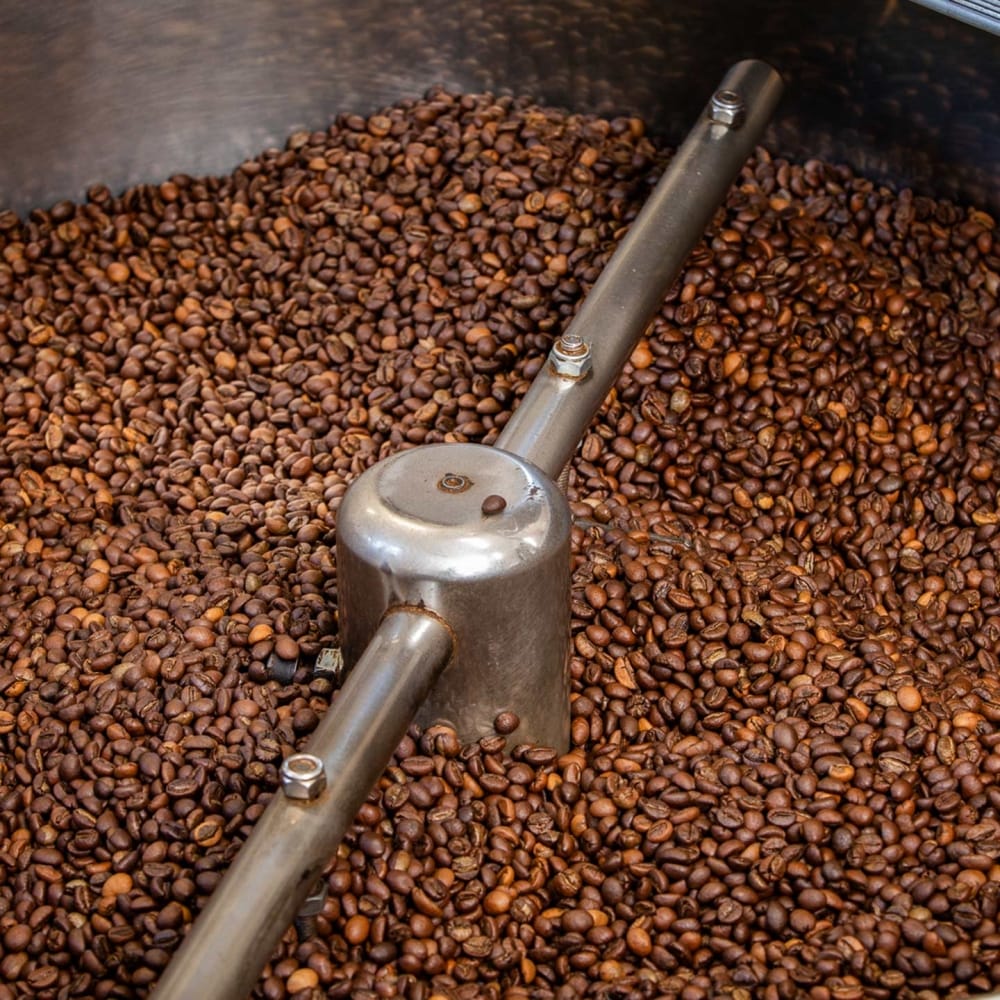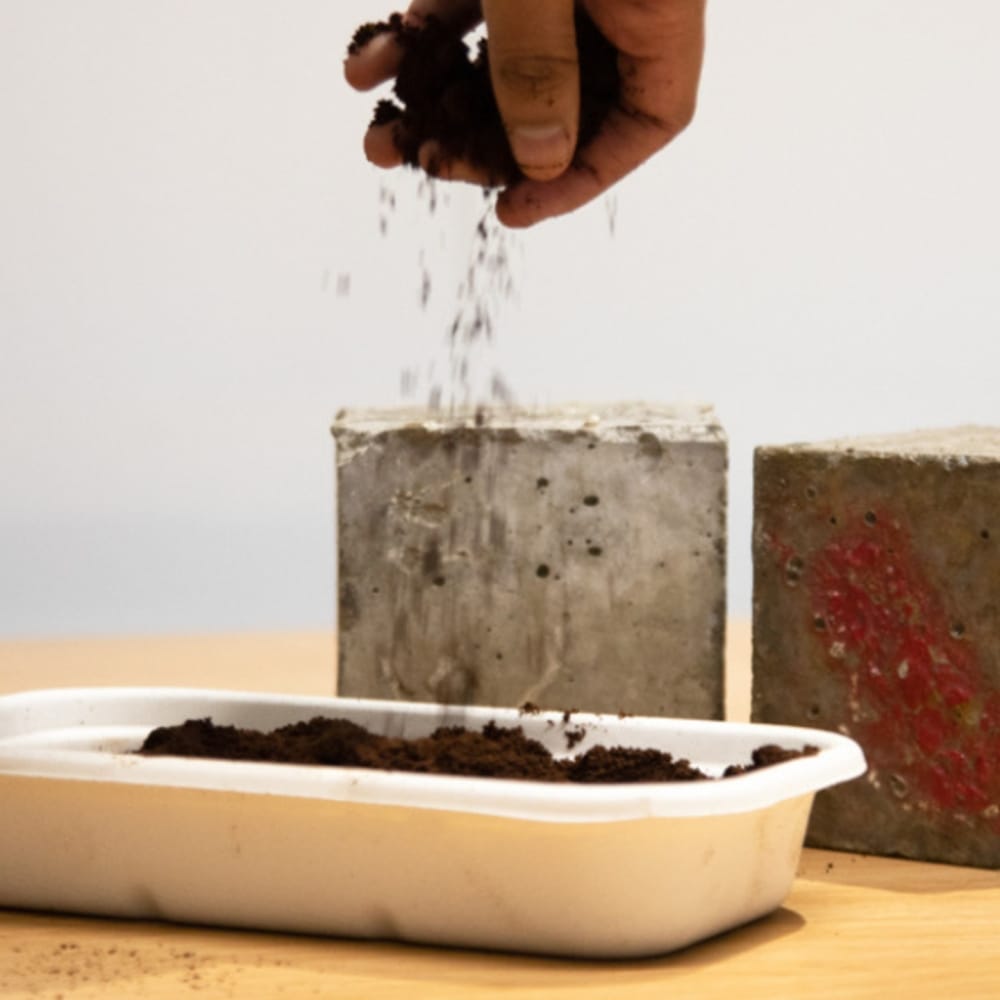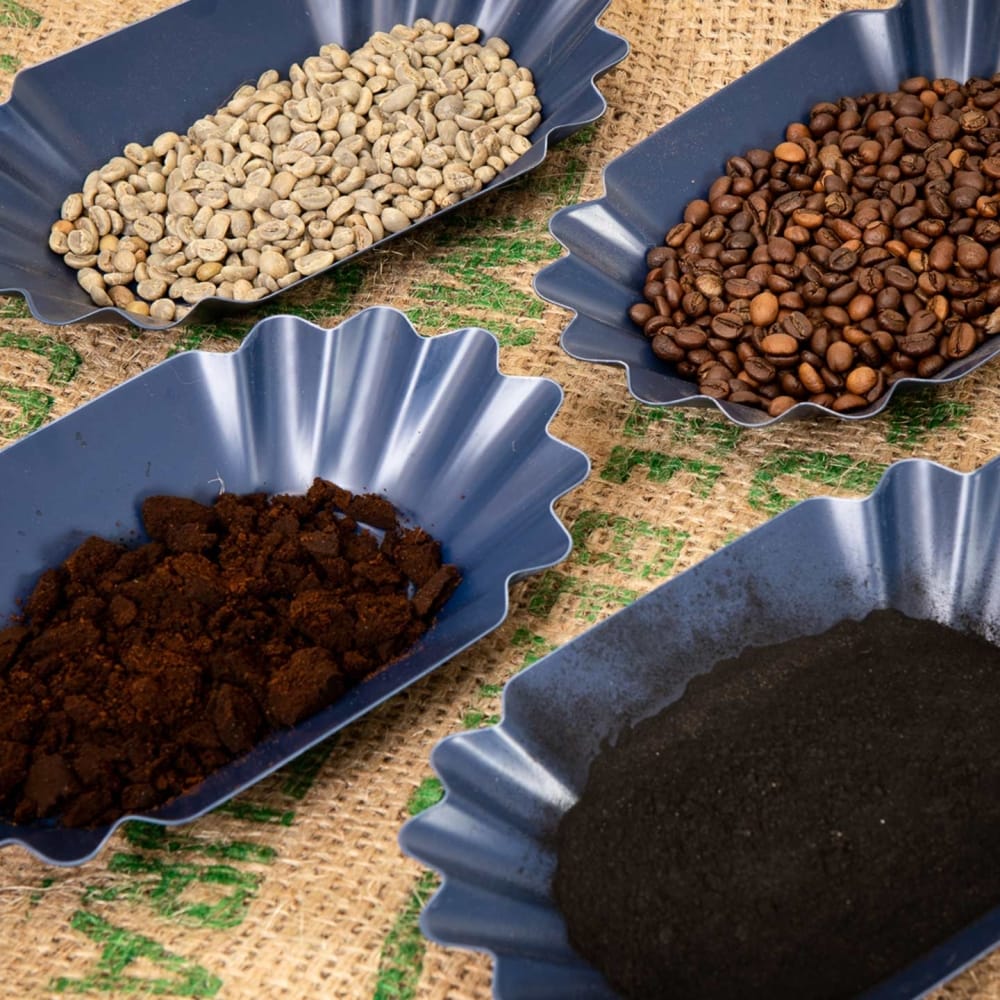Coffee Grounds as a Concrete Foundation
From Organic Coffee Waste to a Strengthening Building Block
The motivation behind the Australian based research was the large amount of organic waste ending up in landfills and contributing to high greenhouse gas emissions. In Australia, about 6.87 million tonnes of organic waste ends up in landfills and contributes to 3% of Australia’s greenhouse gas emissions. The research group was discussing about shifting their focus to divert this waste from landfills and develop innovative solutions to transforming this waste into a valuable resource for different applications.
The primary challenge was finding the right process to treat coffee waste without compromising concrete strength.
Coffee Biochar Concrete has the benefit of reducing the concrete industry’s reliance on natural resources such as sand. As well as contributing to sustainability by utilizing various organic waste sources. It also supports the closed loop circular economy by converting waste into a valuable resource, enhancing concrete strength, and reducing waste sent to landfills. Another benefit is the decrease of environmental impact associated with organic waste in landfills, which produces harmful methane gas.
The research’s primary was to turn coffee waste into a valuable resource while minimizing energy use.
Coffee Biochar Concrete‘s research, material development process, and its findings can be found in the published researched paper:
‘Transforming spent coffee grounds into a valuable resource for the enhancement of concrete strength’ is published in the Journal of Cleaner Production. (DOI: 10.1016/j.jclepro.2023.138205).
#nowaste #zerowaste #upcycled #innovativeconcept #coffeelovers #coffeetoconcrete #coffeebiochar #australianinnovation
Product Name: Coffee Biochar Concrete
Manufacturer: RMIT University, Lead Researcher: Dr. Rajeev Roychand
Project Status: Concept // Prototype // Market Ready // Series Production Ready
Source: RMIT University
Phot Source: RMIT University



